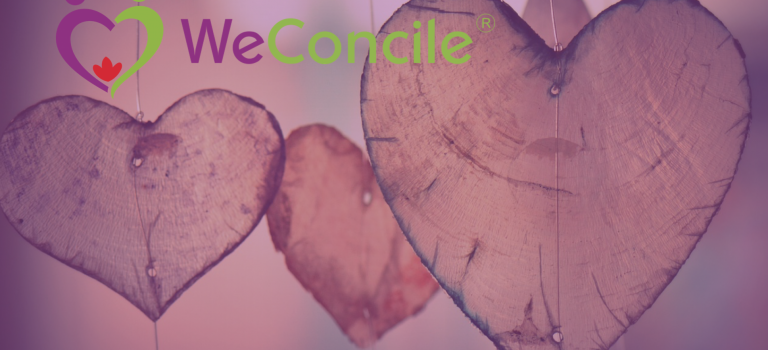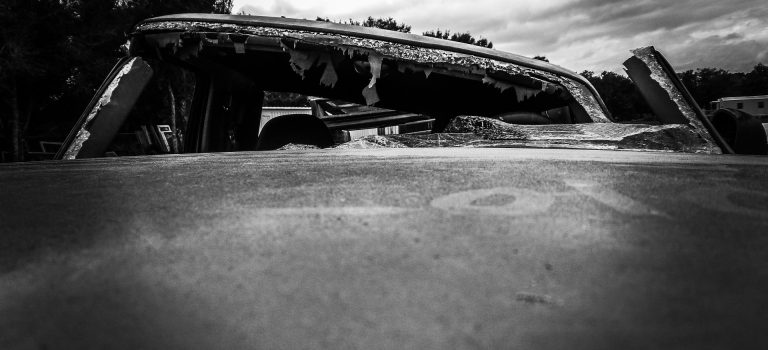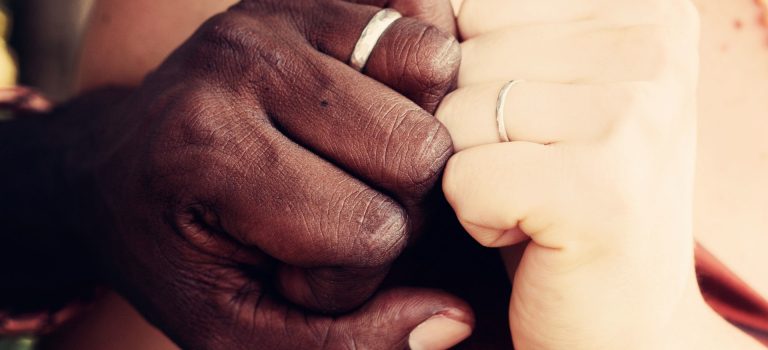
Embrace the Suck
Courage over comfort. That is the key. The primary vehicle for change in a relationship really is developing a better relationship with our own feelings and unpacking why we feel what we feel when we are having that feeling.

Courage over comfort. That is the key. The primary vehicle for change in a relationship really is developing a better relationship with our own feelings and unpacking why we feel what we feel when we are having that feeling.

We all have emotional survival strategies that do not work. A common one is ‘going it alone,’ ‘sucking it up,’ or ‘toughing it out.’ We put our heads down, close our eyes and push forward. But we don’t know how to make a relationship better.

Read a story about a couple as they communicate and see how they miscommunicate. This will help you with your own communication in your relationship.

It had started like a regular day weekend day. John and Patti were taking a walk. The sun was shining. Life was good. But then, John sheepishly told Patti that he would not be working on a project they had told Patti he was going to do, and that had been planned for that weekend.

I was recently talking to Cathy, a friend of mine. She and her girlfriend Sammy were having a tough time in their relationship and had just gotten into a fight. She explained what had happened. They were decorating the house for the holidays together, but Sammy got upset and said it was all for her, her tree, her project. She lashed out at Cathy and left. From Cathy’s perspective, Sammy was having a temper tantrum. She didn’t understand why Sammy was getting so upset. Why couldn’t they have a nice evening together? What went wrong?

Over the years of working both as a therapist and a couples’ therapist I have come to believe that something more is needed to help all of us with our relationships. Many of us just don’t have the skills we need. Therapy has limitations due to its cost, and many therapists, though effective with individuals, don’t have the specialized training needed to be effective when working with couples. The time constraints of people’s busy lives, and the stigma that therapy has for some also inhibit people seeking help.

Emotions are intense. They rock us. We have to deal with them. Someone says something the wrong way, or we are in a difficult situation and all of a sudden we might find ourselves in a fury, or in deep grief, or perhaps an awful sense of embarrassment and shame as if we are ‘bad’.
When we are in these feeling places we usually don’t have any perspective or not much.

Working with couples effectively means you understand the three dimensions of our relationships: Attachment, emotions and cycles. Learn about what needs to be focused on to do effective couples work, or to work on your own relationship.

Can you set a boundary (say no) to somebody when you are not angry? Often, we can set a boundary if we are angry, but cannot if we are not angry.

Lets look at couple therapy, which is a pretty complex process. As a client in couples therapy, we must learn enough about ourselves (among other things) so that we can untangle a bunch of behavior that simply does not get us what we want: an accessible and responsive relationship. We supply the courage and tenacity on the road to mastery of this challenge, but we need more than motivation, creativity and desire for this purpose. We also need a map.

What happens when we have a dream, but fail at it? We become failed heroes, initiates who do not pass the test. Culturally, marriage is one of those precarious paths that many embark upon, but not so many navigate successfully. And yet relationships and the experience of love are so important.

Sometimes our wounds collide in such a way that we hit a roadblock. One of us has an intense need to talk about something. The other can’t bear hearing about it.

When wounds collide, we suffer and we don’t feel safe. Our partner becomes somebody we no longer trust. It is one of the most painful aspects of a relationship. When we are scared, we act in ways that do not help our relationships. When we feel safe, our relationships can blossom.

Think about your relationship or what you imagine your relationship will be like. What do you long for? What do you dream about? What are the feelings you are looking for? Connection? Love? Safety?

“The more quickly either person goes from disappointment or hurt to anger, defensiveness, or emotional withdrawal and remains stuck there, the less that person is capable of having a relationship and the more the other person will have to walk on eggshells.” – Mark Goulston

When relationships stop working, there is often a wound that needs to be attended to. Many of us grew up in homes with various kinds of disconnection occurring. Whether our caretakers were preoccupied, angry, needy or impatient, we may at times have felt uncared about. We may have lost someone we loved, or have been completely disregarded or abused. As children, we had to survive this pain. We may have learned to push our feelings out of our awareness. Ultimately, we developed ways to tolerate and survive these disconnects. These are the survival techniques that we have brought into our current relationships. And they often don’t work.

George had been very upset about the actions of an ex friend. Susan could feel his pain and asked him if there was anything that she could do to make him feel better. George replied, “I could think of something”. Susan retorted, “I wasn’t talking about sex”. George responded, “So what’s new?”

In relationships, each person lives in a different world. We will never live in the same world; never have the same past, the exact same experience or way of understanding our lives. We have different wounds and different sensitivities. When we are listened to, we feel less alone. We crave to be listened to without argument or interruption, to simply be heard. One of the things that make a relationship work is when we can listen to our partner, and conversely, know our partner will listen to us.

Making love last is a concern for anybody with a relationship history that has included disappointment, pain and loss. How do we do it differently the next time around?
What starts for so many as a blissful connected loving state often turns into sadness riddled with problematic behavior and seemingly un-resolvable conflicts.

How do we change the direction of our lives? Despite our histories, why do some people create fulfilling lives for themselves while others do not? As a therapist, and as a person who has made her life about self-transformation and then later, the transformation of others, this is easy to see. But for many people, especially those who do not know much about “therapy,” and the process it entails, this is more of a mystery.